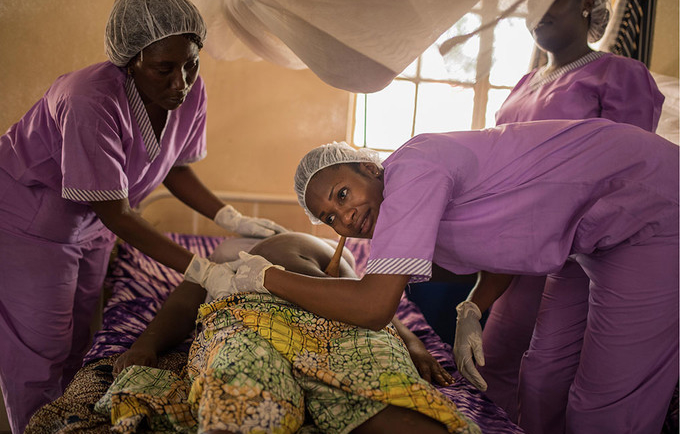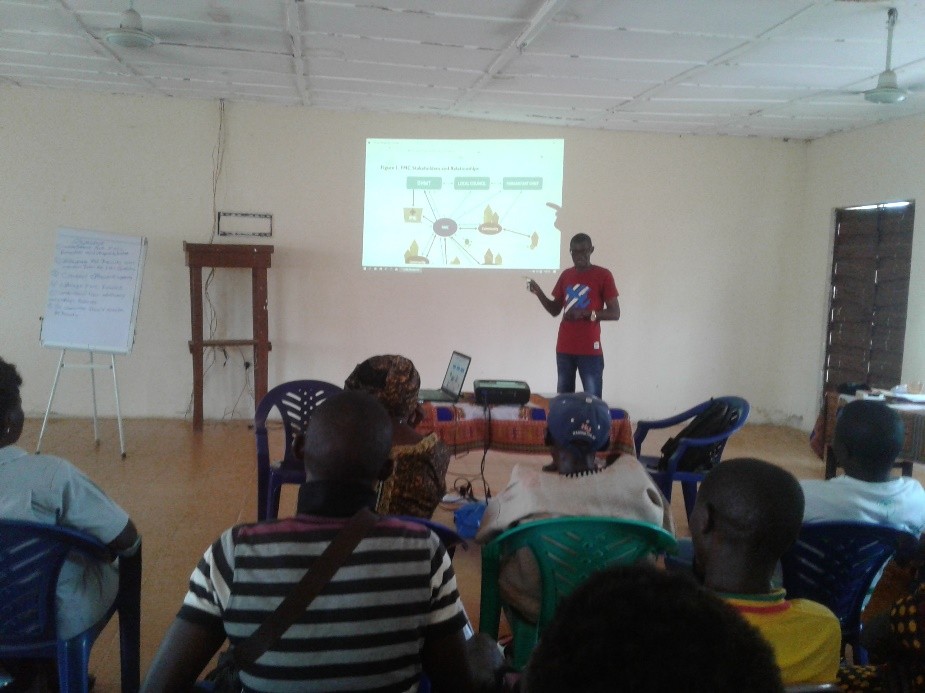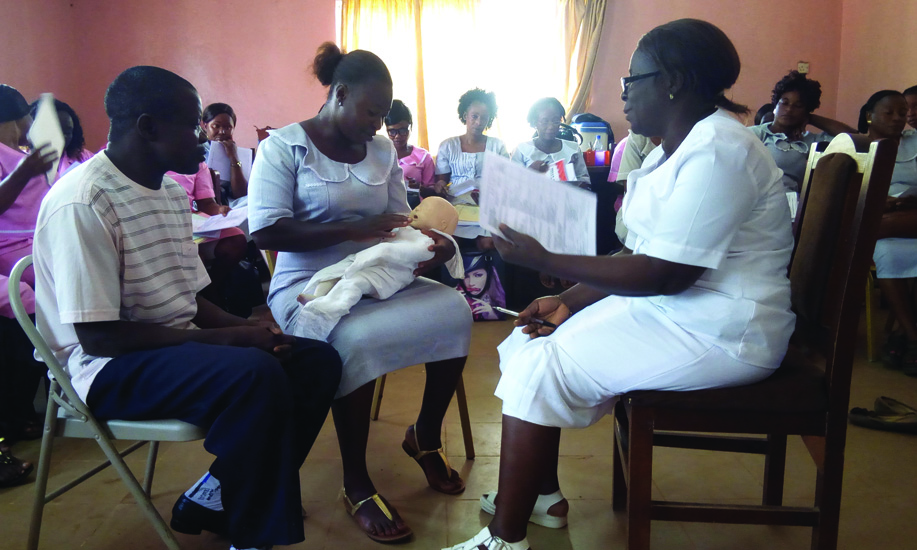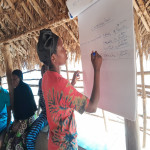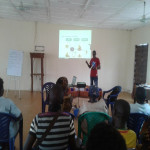Introduction:
The health sector in Africa faces a myriad of challenges, yet it is also marked by resilience and a growing recognition of the need for comprehensive reforms. This article explores the current state of the health sector in Africa, highlighting the key challenges and the opportunities for improvement.
Healthcare Infrastructure:
One of the primary challenges in the African health sector is the inadequate healthcare infrastructure. Many regions lack sufficient hospitals, clinics, and medical personnel, particularly in rural areas. Limited access to quality healthcare facilities hampers the delivery of essential services and contributes to high mortality rates for preventable diseases.
Disease Burden:
Africa grapples with a heavy burden of infectious diseases such as malaria, HIV/AIDS, and tuberculosis. These diseases pose significant challenges to public health and strain the limited resources available. Efforts to combat these diseases are often impeded by factors such as poverty, insufficient education, and inadequate sanitation.
Healthcare Financing:
Insufficient funding remains a major obstacle to improving healthcare in Africa. Many countries struggle to allocate adequate resources to their health sectors, leading to a shortage of medical supplies, trained personnel, and infrastructure maintenance. International aid plays a crucial role, but long-term sustainability requires a focus on domestic resource mobilization and innovative financing models.
Human Resources for Health:
The shortage of skilled healthcare professionals is a critical issue in Africa. Insufficient training facilities, brain drain, and retention challenges contribute to this shortage. Efforts to address this include increasing medical education opportunities, implementing retention strategies, and fostering international collaborations to share expertise.
Technological Advances:
Despite the challenges, Africa has seen significant progress in embracing technological solutions to improve healthcare delivery. Mobile health applications, telemedicine, and data analytics are being utilized to bridge gaps in access and enhance the efficiency of healthcare services. Governments and organizations are increasingly recognizing the potential of technology to transform the health sector.
Community Engagement:
Community involvement is essential for the success of healthcare initiatives. Empowering communities through health education, preventive measures, and community health workers fosters a sense of ownership and enhances the impact of healthcare interventions. Community-based approaches contribute to early detection, improved adherence to treatment, and better overall health outcomes.
Opportunities for Collaboration:
Collaboration between governments, non-governmental organizations, and the private sector presents an opportunity to address the complex challenges facing the African health sector. Partnerships can facilitate resource sharing, knowledge transfer, and the implementation of sustainable solutions. International cooperation is crucial for leveraging global expertise and resources.
Conclusion:
While challenges persist, there is a growing momentum for positive change in the African health sector. Strategic investments, innovative solutions, and collaborative efforts can pave the way for improved healthcare accessibility, reduced disease burden, and better health outcomes for the continent. The journey toward a healthier Africa requires a collective commitment to addressing the root causes of health disparities and building a resilient and sustainable health infrastructure.
